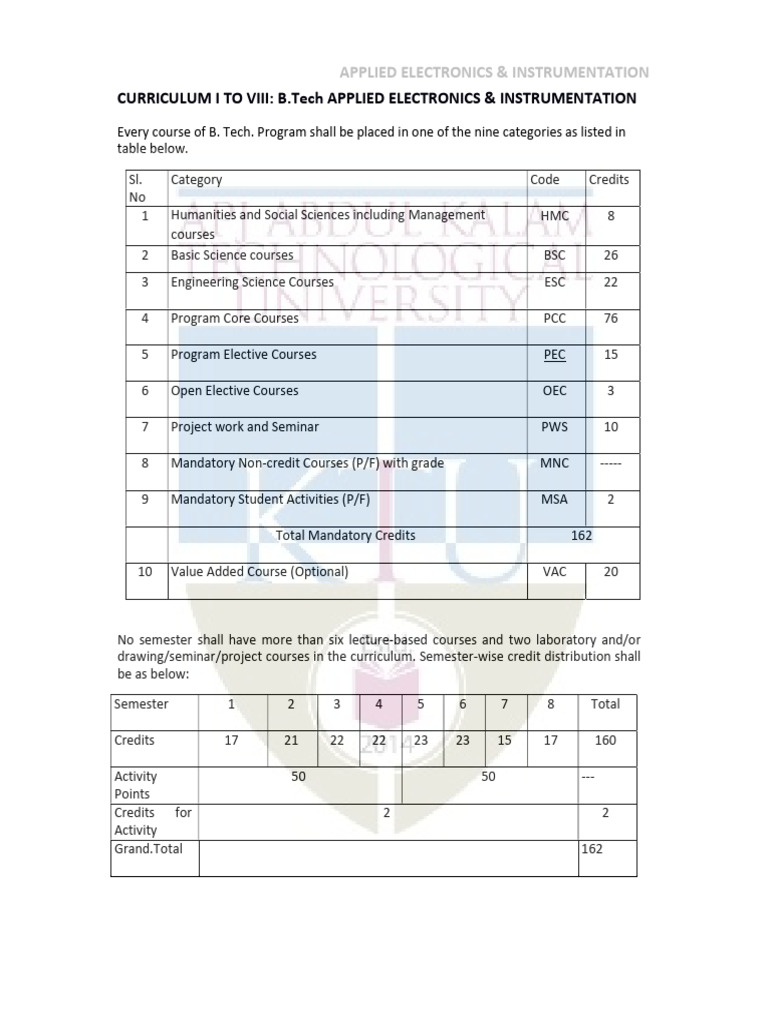Instrumentation engineering, a branch of engineering that deals with the design, configuration, and maintenance of instruments used to measure, monitor, and control physical quantities, has a myriad of applications across diverse sectors. This field plays an indispensable role in advancing technology and improving processes. This document delineates the multifaceted applications of instrumentation engineering, providing insights into its relevance in various industries.
1. Process Control in Manufacturing
At the heart of modern manufacturing lies instrumentation engineering. It facilitates process control, ensuring optimal functioning of equipment and adherence to production standards. For instance, in industries such as petrochemicals and pharmaceuticals, precise measurement of temperature, pressure, and flow rates is crucial. Instruments such as flow meters and pressure transducers ensure that chemical reactions occur under optimal conditions, thereby maximizing yield and quality while minimizing waste.
2. Aerospace and Defense
Instrumentation engineering is pivotal within the aerospace and defense sectors. In aviation, flight instruments such as altimeters, gyroscopes, and accelerometers are critical for navigation and safety. Engineers design sophisticated instrumentation systems that provide real-time data to pilots. Furthermore, in defense applications, instrumentation is essential for missile guidance systems and surveillance equipment, enabling precision in operations that could influence national security.
3. Healthcare and Biomedical Applications
The healthcare sector leverages instrumentation engineering to develop diagnostic and therapeutic equipment. Devices such as MRI machines, CT scanners, and blood analyzers rely on advanced instrumentation for accurate measurements. Biomedical instrumentation encompasses sensors that monitor physiological parameters, such as heart rate and blood pressure. The precision and reliability of these instruments are fundamental to patient care, diagnostics, and research in medical science.
4. Environmental Monitoring
With the rising concerns regarding environmental issues, instrumentation engineering plays a significant role in monitoring air and water quality. Sensor technology is employed to detect pollutants, measure levels of contaminants, and assess overall environmental health. Real-time data collection is crucial for regulatory compliance and for informing policies aimed at mitigating environmental degradation. Instrumentation engineers contribute to creating systems that deploy in situ monitoring devices, thereby enabling proactive environmental management.
5. Automation and Control Systems
Automation is a sine qua non for the efficient functioning of contemporary industry. Instrumentation engineering is integral to the development of control systems that automate processes across manufacturing lines. Programmable Logic Controllers (PLCs) and Distributed Control Systems (DCS) are examples of instrumentation utilized to monitor and control industrial processes. These systems employ feedback loops and data analytics to ensure operational efficiency, reduce human error, and enhance safety in industrial environments.
6. Telecommunications
The telecommunications industry is another domain where instrumentation engineering is of paramount importance. It underlies the technology of signal processing and transmission. Engineers design instruments that ensure optimal performance of communication networks through data integrity checks, signal strength measurement, and system diagnostics. The evolution of 5G technology necessitates sophisticated instrumentation to manage the increased data traffic and ensure seamless connectivity across devices.
7. Research and Development
Instrumentation engineering significantly contributes to research and development initiatives across varied scientific fields. In physics, chemistry, and materials science, precise measurement instruments are indispensable for experiments. Instruments such as spectrophotometers and chromatographs enable researchers to analyze materials and phenomena at a granular level. The advancement of instrumentation technology continues to drive innovation in R&D, leading to breakthroughs that propel scientific understanding.
8. Energy Sector
In the energy sector, instrumentation engineering is essential for monitoring and controlling energy production and distribution systems. Instruments used in power generation facilities and renewable energy systems measure parameters such as voltage, current, and frequency. Effective instrumentation mitigates risks associated with energy production, enhances system reliability, and aids in the transition towards sustainable energy sources. Engineers design systems that optimize energy efficiency while facilitating grid stability.
9. Agriculture and Food Industry
The agriculture sector has started to integrate instrumentation for precision agriculture, where the efficiency and quality of crop production are enhanced through the use of technology. Sensors monitor soil moisture levels, nutrient content, and climatic conditions, allowing for data-driven decisions to optimize yield. In the food industry, instrumentation is employed in food processing and quality control, ensuring that products meet safety standards and consumer expectations.
10. Smart Technologies and IoT
The emergence of smart technologies and the Internet of Things (IoT) has further broadened the horizons of instrumentation engineering. Smart sensors, as part of IoT frameworks, gather data and communicate real-time insights across networks. This advancement has applications in smart homes, smart cities, and industrial IoT (IIoT), where instrumentation is vital for effective data collection and analysis. As more devices become interconnected, the role of instrumentation engineering in ensuring seamless operations will be increasingly vital.
In summation, the applications of instrumentation engineering span a plethora of domains, each contributing uniquely to technological advancements and enhanced operational efficiency. As industries evolve, the demand for sophisticated instrumentation will continue to rise, underscoring the field’s importance in meeting contemporary challenges. The continual integration of new technologies and methodologies promises to sustain the momentum of innovation, inviting instrumentation engineers to meet the challenges ahead with vigor and expertise.










